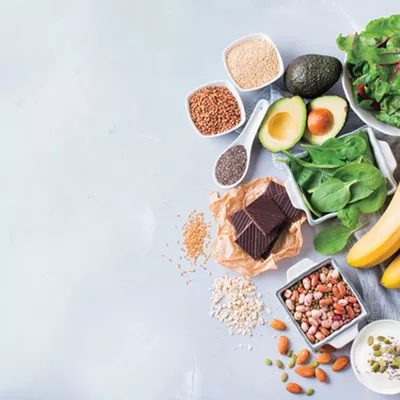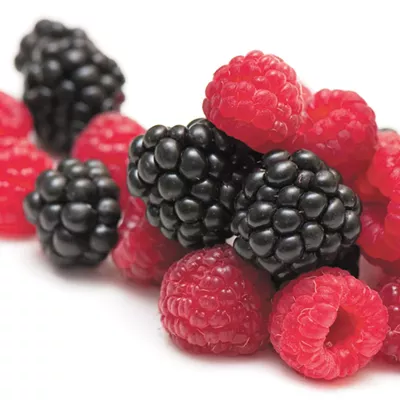In a conversation at dinner, a friend who works as an excavator recently asked me a curious question: "Have you heard of lectins? They might be making you sick." Admittedly, I hadn't.
It seems we're constantly bombarded with new diets and eating strategies that promise to solve our struggles with weight loss and chronic disease. Many new diet trends seem to center around cutting out something to reap the amazing benefits. However, these "restrictive" diets don't agree on what exactly should be cut out: Meat? Carbohydrates? Gluten? Lectins?
The lectin-free diet has found its way into the spotlight through the work of ex-heart surgeon Dr. Steven Gundry. Here are the basics: Lectins are sugar-binding proteins found in many plant foods such as grains, potatoes, beans, squash, tomatoes, peppers and fruit. The main argument against lectins revolves around the idea that the modern diet has devastating consequences for the gut, one of which is allowing lectins from the foods we eat to cross into the bloodstream. Once in the blood, they wreak havoc throughout the body. Gundry links the consumption of lectins with the manifestation of cardiovascular disease, autoimmune disorders, diabetes and even cancer. He suggests that by cutting out foods that contain lectins, these health issues can be avoided.
However, Korrin Fotheringham, a registered dietician nutritionist and owner of Northwood Nutrition, is skeptical. "Unfortunately, a lot of the nutritional research that's published is about foods that are bad for us," she says. "This creates a fear perspective around these foods. I think lectins can be wrapped up in that category as well."
Research on lectins hasn't yet been done in large-scale human studies. Fotheringham points out, "Most studies are done in situ, meaning that they've extracted the lectins from the plant and conducted studies either on animals or in the lab." This type of study misses the mark on a very important concept in nutritional science, says Fotheringham. "If you isolate lectins, you might see some not-so-great side effects in the lab. But, when the food is eaten in its whole form, it can be metabolized very differently in the body." While research in a lab is a good way to learn about very specific effects and interactions, it's not enough to make conclusions on how these proteins will behave in our bodies.
Patrick Crosswhite, Ph.D., an assistant professor of human physiology at Gonzaga University, agrees. He points out, "When you remove large groups of healthy vegetables and healthy fruits from your diet, most people are at risk for some kind of nutrient deficiency."
He advocates for a balanced diet built on variety, rather than restriction. "When you talk about removing lectins, you're talking about reducing the amount of fiber you get, the amount of B vitamins and the nutritional variety of your food," Crosswhite argues. "Lectins are broken down with heat," he says. So if you're interested in reducing your lectin intake, just cook lectin-rich foods before you eat them.
Both Fotheringham and Crosswhite agree that more extensive research on lectins is needed before any negative effects of these proteins are established. Every individual metabolizes food differently, and restrictive diets, like the lectin-free diet, can cut out important sources of nutrients. In fact, even Dr. Gundry admits this, which is why he sells a large selection of supplements to accompany a lectin-free diet. However, Fotheringham argues that supplements aren't usually needed with a balanced diet, "The majority of people can get all of their nutrition from food."























